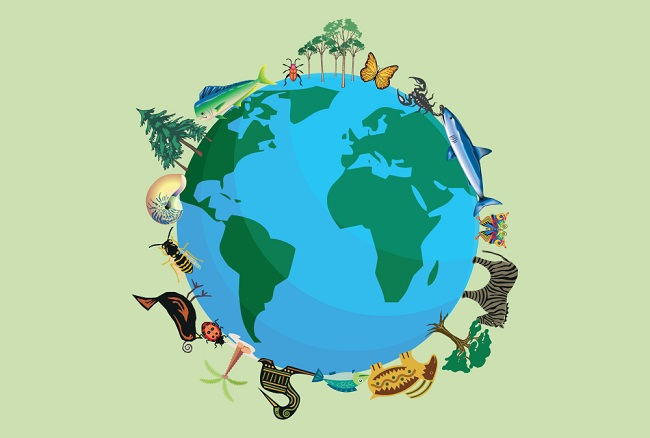BIOME
Biome is a specific area with different climate .amd there are 4 major biome they are tundra ,grassland, forest and desert . in tundra we can get poler bear , penguin and etc and there it's very cold and there is snow fall in grassland we get many trees and grasss alsi in grassland there many cute animals like rabbit, dog,cat,horse and etc ,wew c an get fresh air there also in forest there are many wild animal like tiger ,monkey ,lizard and etc there are one more biome called desert in desert the weather is too hot and warm we can get camel ,lizard and etc those all are called biomein ecosystem there is biome and different climate





